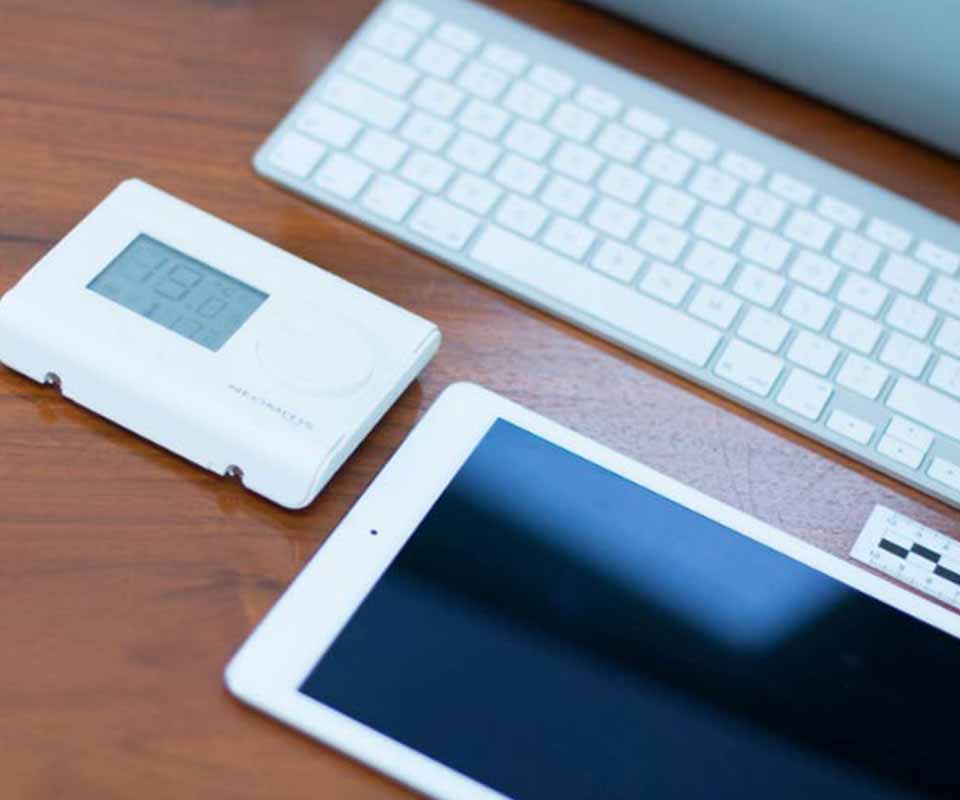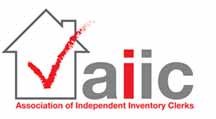Home | Services | Safety & Efficiency Reporting | Gas Safety Inspection
In 1996 the Government passed a law that requires all landlords, who rent either part or all of a property, to have all household gas appliances and pipes checked every 12 months requiring a Landlord Gas Safety Certificate.
Book Now
Ashworth Group takes gas safety very seriously and all our Gas Safe® registered engineers are qualified to undertake gas safety inspections.
Why are Gas Safety Inspections important?
Gas safety is a critical aspect of maintaining a healthy and secure living or working environment. Whether you are a homeowner, landlord, or tenant, it is essential to recognize the importance of regular gas safety inspections and their role in preventing potential hazards as well as:
- Protecting Lives and Health: Gas appliances, when not properly maintained, can pose significant health risks. Carbon monoxide (CO), is an invisible and odorless gas that can leak from faulty or poorly maintained appliances, leading to serious health issues or, in extreme cases, even death.
- Appliance Efficiency: Regular gas safety inspections involve checking and maintaining the efficiency of gas appliances. Well-maintained appliances perform optimally, saving energy and reducing costs.
- Preventing Gas Leaks: Gas leaks are not only dangerous but can also result in catastrophic explosions or fires. Faulty or deteriorating gas fittings, pipes, or appliances can put lives and properties at risk.
- Legal Requirements: Landlords, must conduct annual gas safety checks in their rental properties to ensure the safety of their tenants. Compliance with these legal obligations helps protect both landlords and tenants, demonstrating a commitment to maintaining safe living conditions.

What does a Landlord Gas Safety Inspection include?
A Landlord Gas Safety Inspection, also known as a Gas Safety Certificate or CP12 certificate, is a comprehensive assessment of gas appliances and fittings within a rental property. The inspection is carried out by a Gas Safe® registered engineer and includes:
- Checking all appliances within the property, including boilers, water heaters, gas stoves, ovens, and fireplaces for gas tightness, visible signs of damage, wear and tear, or unsafe operation.
- Checking standing and working pressures if test points are available.
- Checking burner pressure/gas rate against manufacturer's guidelines.
- Checking for satisfactory provision of all necessary ventilation.
- Testing flue flow to ensure removal of products and proper discharge of combustion gases.
- Checking the satisfactory operation of all the flame failure devices and CO detectors.
- After completing the inspection, the engineer will issue a Gas Safety Certificate or CP12 certificate. This confirms that the gas appliances and fittings have been inspected, are safe to use, and comply with gas safety regulations. The certificate should be renewed annually.

How can you ensure Gas Safety?
Knowing that gas appliances have been inspected by qualified professionals provides peace of mind. By taking proactive steps toward gas safety, you can rest assured that you are doing everything possible to protect yourself, your family, or your tenants from potential gas-related hazards. It is important to:
- Schedule Regular Inspections: Arrange for qualified Gas Safe® registered engineers to conduct annual gas safety inspections.
- Maintain Proper Ventilation: Adequate ventilation is crucial for gas appliances. Ensure that vents are unobstructed and functioning correctly to prevent the accumulation of harmful gases, such as CO.
- Install Carbon Monoxide Detectors: Carbon monoxide detectors are essential safety devices that alert you to the presence of this invisible and deadly gas. Install them and test them regularly to ensure they are functioning correctly.
- Keep Records: Maintain accurate records of gas safety inspections, repairs and maintenance. This documentation serves as proof of compliance with legal obligations and demonstrates your commitment to gas safety.

Contact Us
For any questions regarding our Gas Safety Inspection services, please contact us on 0208 989 0545, email [email protected] or complete the enquiry form and one of our experienced staff will contact you.
Frequently Asked Questions
Gas Safety Inspections FAQ +
Is it a legal requirement to have a Gas Safety Certificate?+
is a gas safety certificate a legal requirement for homeowners? Even though a new boiler installation must legally be completed by a Gas Safe registered engineer, homeowners aren't required to have a gas safety certificate by law (unless you're a landlord).
What do they need to check in a Gas Safety check?+
- A visual inspection of gas appliances, the gas heating system and the boiler flue system.
- A tightness test at the gas meter to make sure there aren't any leaks.
- Checking the ventilation and air supply.
- Checking the gas rate and burner pressure.
- Ensuring safety devices are working.
Does a Gas Safety Check include a boiler service?+
Whereas a gas safety check will ensure that the appliance is running safely, a boiler service involves checking the individual boiler parts to make sure they're clean and working efficiently. You should think of a boiler service and a safety check as the equivalent of a service and MOT on your vehicle.
Can I move in without a Gas Safety Certificate?+
You need to give your gas safety certificate to existing tenants within 28 days, or to new tenants when they move in.
What if my Landlord/Agent has not given me a Gas Safety Certificate?+
If you have not received a copy of the gas safety record, you should contact your landlord or letting agent and ask them to supply you with one.





